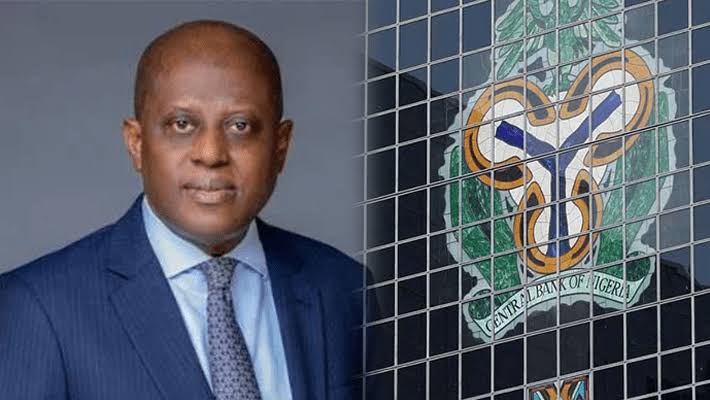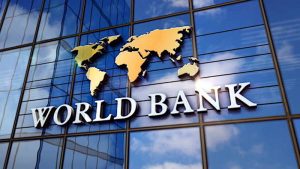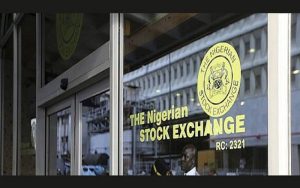
In a press briefing on September 24, 2024, the Governor of the Central Bank of Nigeria (CBN), Olayemi Cardoso, attributed the current economic challenges facing the country to the monetary policies implemented by his predecessor, Godwin Emefiele. The remarks came following the Monetary Policy Committee’s (MPC) decision to raise the Monetary Policy Rate (MPR) by 50 basis points from 26.75% to 27.25% to combat inflation, which currently stands at 32.15%.
Cardoso stated, “You can’t divorce the situation that has taken place with what happened in the last one year,” referencing the economic distortions during Emefiele’s tenure. He noted that money supply had dramatically increased from ₦19 trillion in 2015 to ₦54 trillion in 2023, explaining, “This was an inherent distortion… a huge amount of money chasing the same amount of goods.”
Highlighting the impact of global oil price fluctuations, Cardoso mentioned, “With that collapse, unfortunately, and it is a fact of life, Nigeria is a monolithic economy.” He explained that the decline in oil prices in 2015 led to dwindling foreign exchange reserves, exacerbating the economic crisis. He added, “The response to that was lesser foreign exchange and fixing of foreign exchange prices, and that also harmed the economy to no end.”
The CBN Governor also addressed the previous multiple exchange rate system, stating, “The attempt to harmonize the multiple exchange rates has brought about results.” He emphasized that the exchange rate is now more flexible, allowing people to “transact their businesses through willing buyer, willing seller, as opposed to a situation where multiple exchange rates discourage and not allow that to happen.”
Despite acknowledging the difficulties many Nigerians are facing, Cardoso expressed optimism that the current measures being implemented would ultimately stabilize the economy and attract portfolio investors back to Nigeria. “Tough though they may be, and I accept that they may be tough, we have no choice but to deploy these tools to rein in the excess liquidity in the system, the high inflation, and encourage portfolio investors who had taken flight to come back and take interest in Nigeria,” he said.








